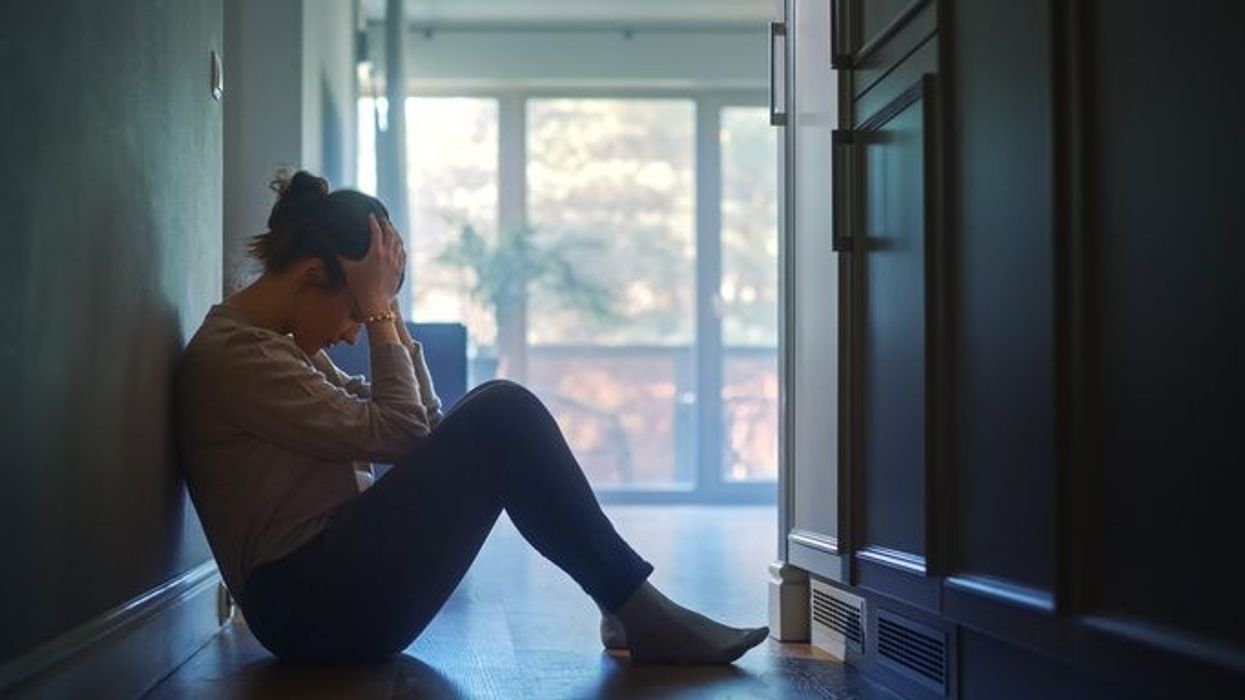NEW research by a British think tank has revealed that GPs are failing Asian victims of ‘honour abuse’ for fear of being accused of racism, according to a media report.
The Centre for Social Justice (CSJ), founded by Sir Iain Duncan Smith, has urged the government to ditch the term 'honour abuse' as it had legitimised domestic violence within families, reported The Telegraph. Last year, just 2,725 honour abuse cases were reported to the police.
According to the organisation, victims now feel that they could not report honour abuse because of the stigma of being labelled a traitor to their communities.
GPs find it difficult to intervene in such cases for fear of being accused of racism, bias and prejudice if they probed into it, the think tank said.
The CSJ report revealed that practices such as female foeticide, forced marriage and abortion, rape, 24/7 monitoring and bans on higher education were going unreported due to the legitimisation of honour abuse within communities and racial sensitivities by the authorities.
Baroness Verma, Boris Johnson’s ministerial champion for tackling violence against women and girls overseas, said that removing the term 'honour abuse' will recognise that abuse is abuse.
"Where is the honour in forcing an expectant woman to abort her baby because the 20-week scan reveals she is a girl? Where is the honour in forcing a gay son into marrying a girl to cover up his sexual orientation? Where is the honour in treating a daughter-in-law like free labour without rights?," Baroness Verma wrote in the report.
"The term honour risks legitimising this behaviour. It risks giving the perpetrator a way out – he or she is adhering to an honour code. Moreover, as one survivor explained, the distinction created by this term pushes victims into a “special” category."
One survivor who went to see her GP twice for her symptoms of depression told the CSJ: “I could see the GP didn’t want to go there. He wasn’t Asian, he didn’t know my context.
“He wanted me out of there as quickly as possible. He just wrote a prescription without asking me anything about my home life.”
Data shows that just 47,534 domestic abuse cases resulted in a conviction, a fraction of the 758,491 offences recorded by police. It was estimated eight in 10 victims did not report domestic abuse, said the CSJ.
Charity Karma Nirvana reported an 81 per cent increase in cases related to 'honour abuse' during 2020, receiving 12,128 calls that year.
The think tank said poor detection and enforcement left perpetrators able to continue with impunity, with an estimated one in four going on to claim six more victims.
Yehudis Fletcher, co-founder of the Nahamu think tank to address domestic abuse in the Jewish community, reported “a nervousness around anti-Semitism among police and health workers” unfamiliar with Jewish practices.





